
Acts 7:4-5 Bible Teaching
The teaching emphasizes faith in God's promises, using Abraham's journey as an example. Righteousness comes through faith, not deeds, highlighting trust in God's unseen promises.

The teaching emphasizes faith in God's promises, using Abraham's journey as an example. Righteousness comes through faith, not deeds, highlighting trust in God's unseen promises.
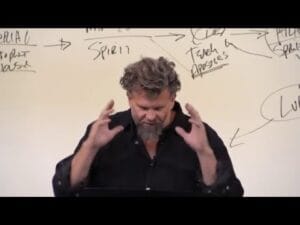
Shawn's teaching emphasizes Luke's writings' authenticity due to Paul's endorsement, the importance of scripture's spirit over literal accuracy, and the need for love and understanding.
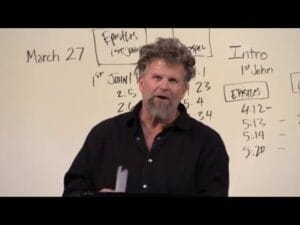
1 John, attributed to John the Evangelist, addresses Docetism, affirms Jesus' incarnation, emphasizes love, faith, and fellowship with God, and highlights authentic Christian life.
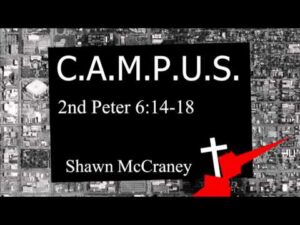
Peter and Shawn emphasize holy living, godliness, and spiritual growth in anticipation of new heavens and earth. They warn against false teachings and stress understanding Paul's complex writings.
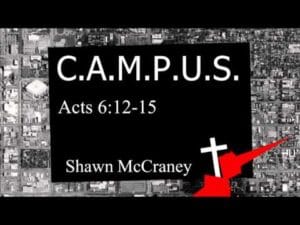
Shawn teaches justification by grace through faith, not works. Stephen faced false blasphemy charges, showed spiritual integrity, and recounted Jewish history to counter allegations.
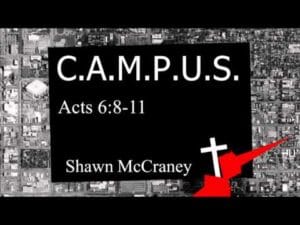
Stephen, a deacon, showed great faith, performing miracles beyond apostolic roles, challenging religious norms. His debates influenced Saul's transformation. The Law of Moses, meant for Israel, is fulfilled in Christ, freeing believers from legalism, emphasizing faith and spiritual renewal.
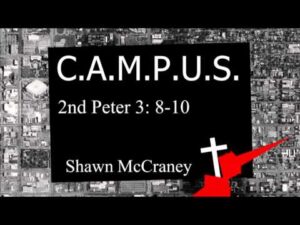
Peter and Shawn teach God's timelessness, patience, and desire for repentance. They emphasize metaphorical interpretations of scripture, focusing on personal choice and agency.

Apostles appointed seven men for church management, emphasizing fairness, Holy Spirit, wisdom. Deacons handled practical duties, apostles focused on spiritual tasks. Stephen and Philip transitioned from service to evangelism. Laying hands set individuals apart. Care for widows was guided by specific criteria.
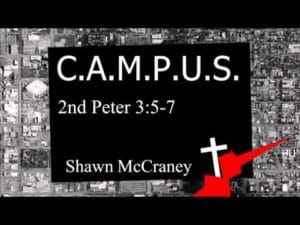
Peter addresses scoffers doubting Jesus' return, emphasizing spiritual rebirth through resurrection. Jesus' reign is heavenly, not earthly, highlighting faith and divine judgment.

Peter's letter warns early Christians of false teachers, emphasizes Jesus' return and world destruction by fire, and urges clarity in teachings. Shawn highlights skepticism, Jesus' spiritual kingdom, and fulfillment of prophecies.
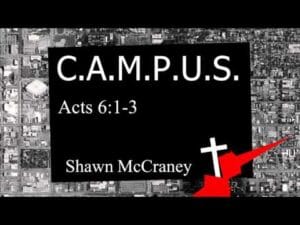
Acts 6 highlights early church growth and cultural divisions, resolved by appointing seven men for resource distribution. Emphasizes unity, roles, and love over hierarchy.

Shawn's teaching highlights divine intervention, Gamaliel's caution, spiritual battles over physical, enduring persecution for growth, and embodying the Spirit's fruits.

Shawn's teaching warns against false teachers, emphasizing spiritual accountability, true freedom in Christ, and the dangers of reverting to sin, using Balaam's story as a cautionary tale.
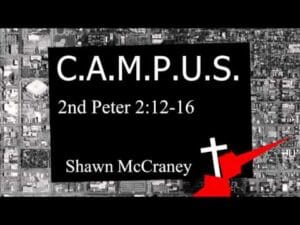
Peter critiques false teachers, highlighting the distinction between belief and receiving the Holy Spirit. Shawn warns against exploitation in religious settings, emphasizing vigilance against deceit and the dangers of false doctrines like those of the Nicolaitans.
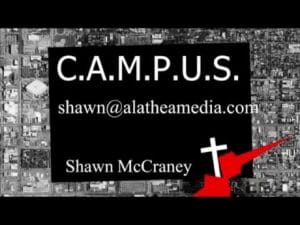
Shawn's method: verse-by-verse scripture study, minimal anecdotes, independent Bible reading, multiple translations, focus on apostles' obedience, Jesus' crucifixion symbolism.

Shawn's teaching emphasizes personal responsibility, equality in Christ, the apostles' unique miracles, spiritual over physical miracles, and the unstoppable spread of the Gospel.

Shawn's teaching highlights God's deliverance of the righteous, the balance of justice and mercy, the importance of human choice, and respect for authority, using biblical examples.

Peter warns of false teachers leading believers astray, facing judgment like rebellious angels. Shawn emphasizes faith, love, and historical divine punishment parallels.

The teaching contrasts Barnabas' genuine giving with Ananias and Sapphira's deceit, highlighting religious hypocrisy. It emphasizes authenticity, transparency, and the dangers of deception, while exploring Trinitarian and non-Trinitarian views on the Holy Spirit.

Peter emphasizes prophecy as a reliable truth, the role of the Holy Spirit, vigilance against false teachings, and the immediate consequences of denying Jesus.